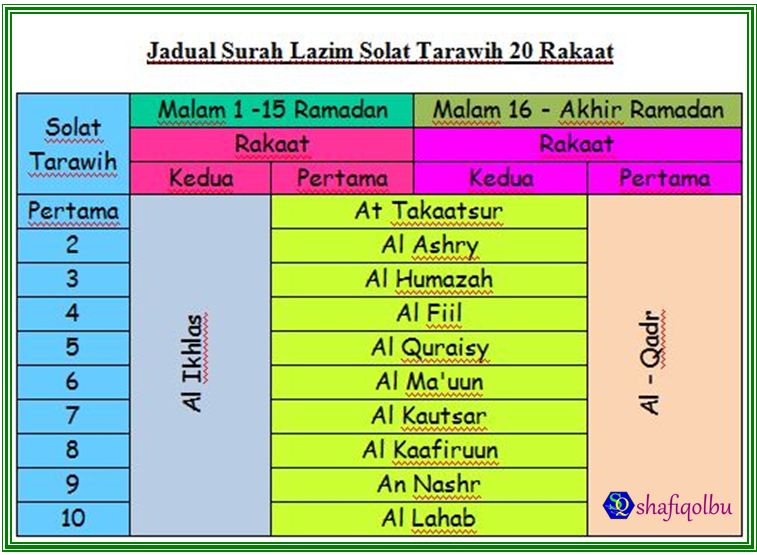
Preparing for the festival
Similar to the celebrations of the New Year in other cultures, Muslims prepare for the day of the festival by shopping for new clothes, spring cleaning the house thoroughly and baking and buying delicacies for visitors that will surely come during the celebration.
At this time of the year, special delicacies can be found in the market such as dates, glutinous rice and cakes, savoury food such as lemang (glutinous rice and coconut milk steamed inside hollow bamboo sticks), ketupat (glutinous rice wrapped in a weaved pandan leaf) and mouth-watering biscuits and cookies. A lot of the food will be eaten when breaking fast daily as these culinary treats can be bought at Ramadan bazaars and fairs held at various neighborhoods in the entire country. As one’s energy reserves during the day are usually low due to the fast of food and water, many people refrain from cooking and buy food instead from these bazaars. Besides, the special treats are only sold once a year during the Ramadan month so it would be a waste not to have a taste.
Many malls and government buildings will be adorned with colourful decorations and the colour green would normally dominate as it is the colour commonly associated with Islamic items.
Big cities like Kuala Lumpur, Penang and Johor Bahru will become quiet during the last few days prior to Hari Raya as many make their annual journey home to their hometowns in other states to be with their parents, and other family. This annual migration is usually affectionately dubbed as “Balik Kampung”. When literally translated, it means “Going Back Home” and many advertisements and promotions during the celebration is centred on this theme.

Celebration
As Ramadan comes to an end, the day of celebration is determined by the sight of the new moon. On the day of celebration, Muslims start the day by waking up before dawn and praying (Salatul Fajr, the pre-sunrise prayer), and in keeping with the tradition of the Prophet Muhammad on the day of Hari Raya, they will brush their teeth, take a shower, put on new clothes and apply perfume. After that, Muslims usually gather in mosques very early in the morning to perform special prayers. It is considered forbidden to fast on the day of Hari Raya and therefore, after prayer, it’s usually breakfast at home, followed by visits to the ancestral graves to pay respects to family members that have passed away. This is then followed by a bout of merry making.
Everyone puts on new clothes, usually brightly coloured traditional “baju kurung” for the ladies and baju Melayu for the men and visit each other’s houses. The young will ask for forgiveness from their elders for any grievances or sins done upon them in the previous year. They will usually salam (Muslim handshake) and then kiss the hands of the elder person as a sign of respect.
It is customary for children and old folks to be given gifts and tokens of money called “duit raya” by married relatives and friends. A unique heritage that has crossed over from the Chinese culture in Malaysia to the Muslim culture is the practice of giving the money in green packets. The first few days are held on a grander scale but throughout the entire month, there will be many parties held in the form of “open houses” where friends and neighbours of other faiths and races will be invited to join in on the celebrations.
In Kuala Lumpur, many well known figures and politicians as well as the Agong and Permaisuri (King and Queen of Malaysia) would open the doors of their official residences to the public, serving up a feast of the best food for the visitors.









No comments:
Post a Comment